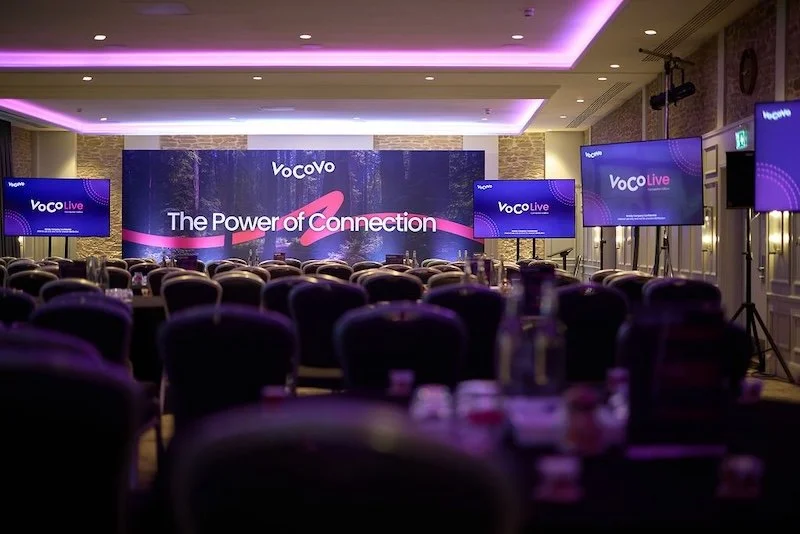Timing is everything: PepsiCo’s Natalie Lorberboym Mano talks retail technology startup meetings
Natalie Lorberboym Mano, Global Tech Venturing and Innovation Director at PepsiCo, has taken to social media to explain her company’s approach to connecting and collaborating with startups.
In a LinkedIn post, she said: “Here's why I don't take every meeting with a startup. Timing is everything. We have developed a systematic process to successfully embed and scale new technologies in the business.”
This is how PepsiCo manages to continuously generate impact:
▶ Get executive support
▶ Understand the challenges
▶ Build a clear strategy
▶ Determine KPIs
▶ Define success
▶ Specify how success is measured
▶ Scout and filter for relevant technologies
▶ Pilot
▶ Scale
Lorberboym Mano added: “Ultimately, it comes down to where we are in the programme lifecycle. We can’t look for solutions before we know what we’re looking to solve.”
“While it's tempting to meet every new startup out there, our road to impact always starts with a clearly defined problem we need to solve. P.S. I’ll make exceptions sometimes (a lot of times).”
Frustrations
Last year, PepsiCo Labs GM Anna Farberov flagged up five mistakes made by startups in search of funding and support.
“I have sat in on about ~3,587 meetings where startups pitched to corporate. I noticed these five mistakes,” she said.
First up, no personalisation. “Most startups use a generic investor deck to pitch to VCs, corporate innovation teams, and experts. The experts don't care about the market size and revenue potential.”
“They want to know how you can help them solve their pain. Don't waste valuable time on irrelevant background information.”
Secondly, a lack of clarity. “I was asked to review a startup. I read their deck and website and could only gather a connection to last mile delivery, but I had no idea WHAT problem they were addressing and HOW they will solve it,” Farberov commented.
Thirdly, reacting defensively to questions. “When we raise questions about different scenarios in an attempt to understand how the solution actually works, some startups answer defensively. BONUS tip: If you pay attention to the questions, you will get a vital and valuable preview of industry needs.”
Fourthly, underestimating corporate complexity. “In their attempt to succeed and sell their solutions, some startups overpromise their ability to scale and integrate quickly with a large organisation.”
“They are unable to keep up with fast scaling, which may paralyse or even kill the startup since they direct most, if not all, their resources to one (big) client. It's tough to recover when you underdeliver and lose credibility and attention.”
And last but not least, not taking no for an answer. “On the one hand, I admire their determination.”
“On the other hand, these startups reach out to ten different executives after the experts already said no, which causes the executives to ask the same experts to assess the startups again. This only causes inefficiency, waste of time, and despair,” Farberov concluded.
Further details on PepsiCo Labs here.















Continue reading…